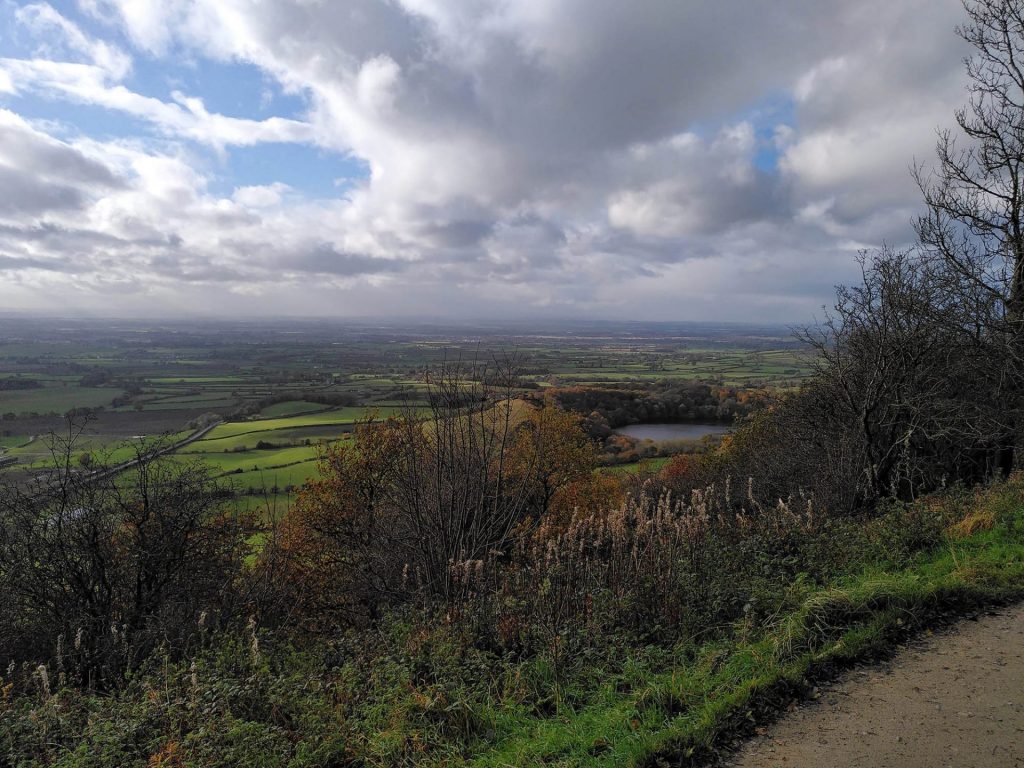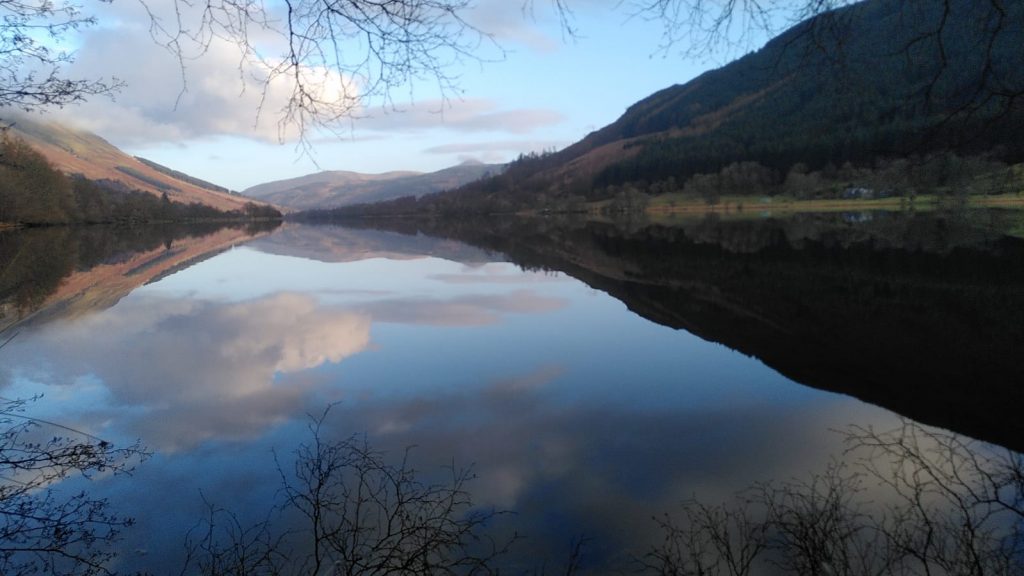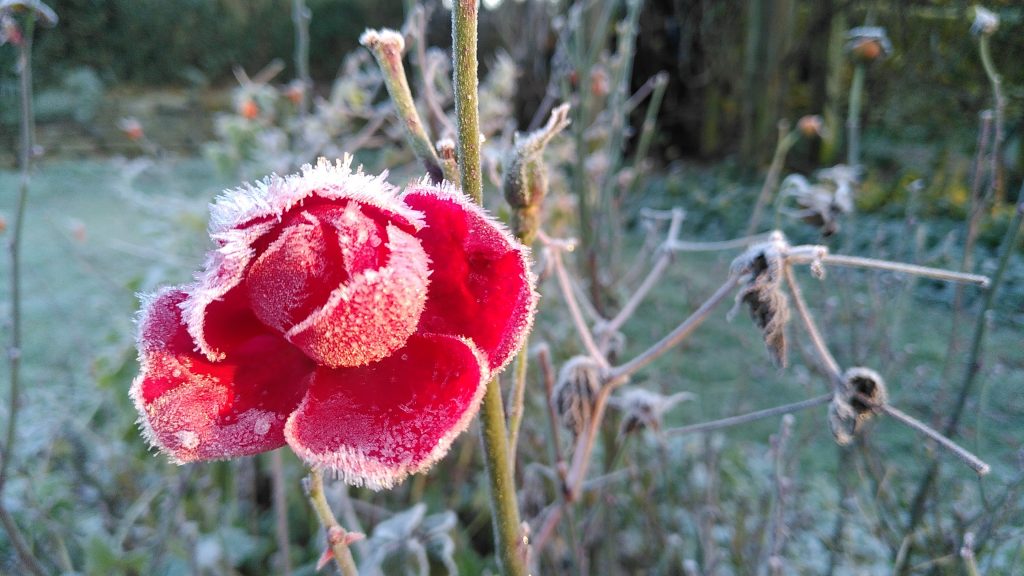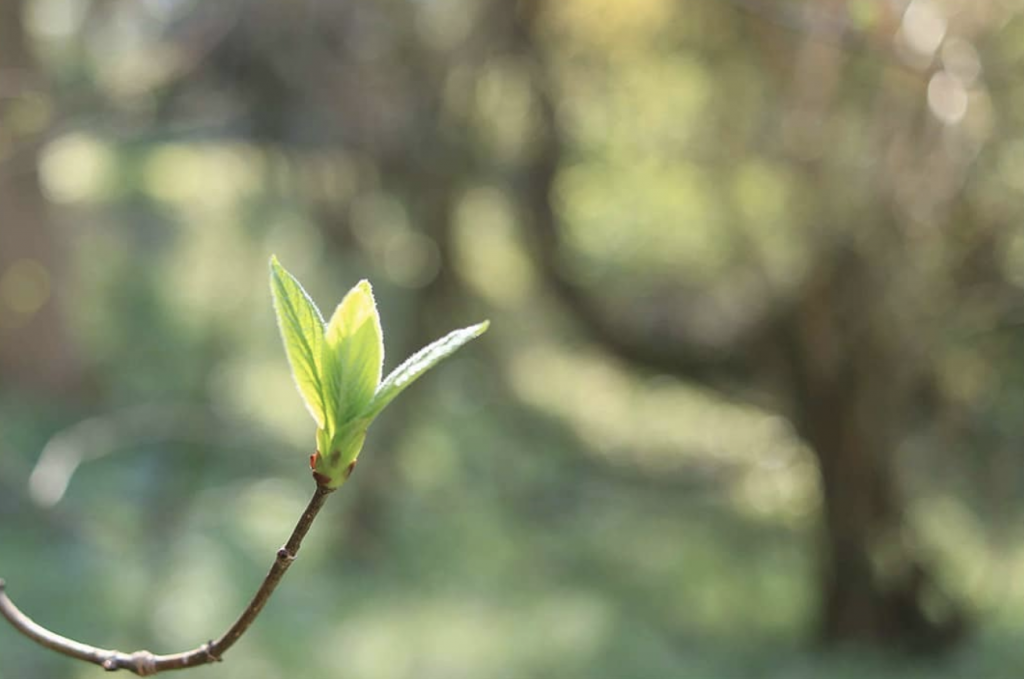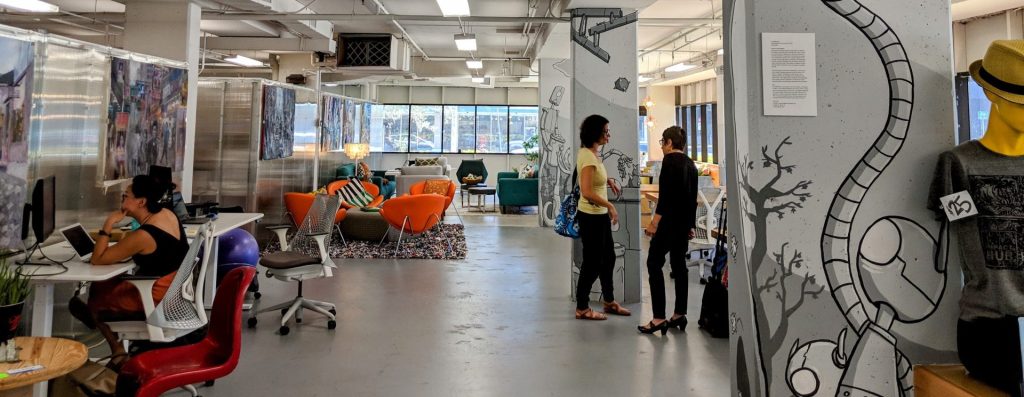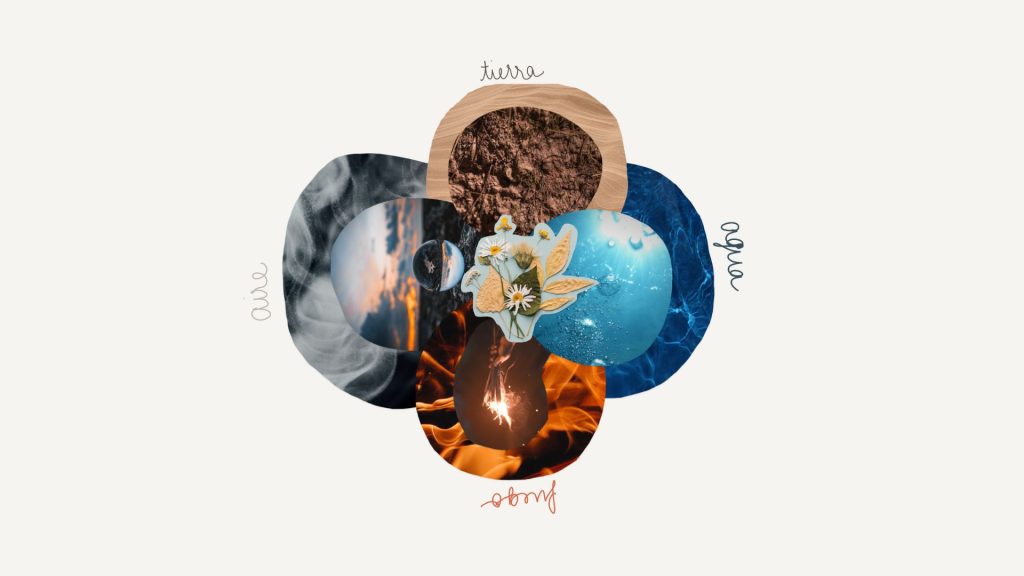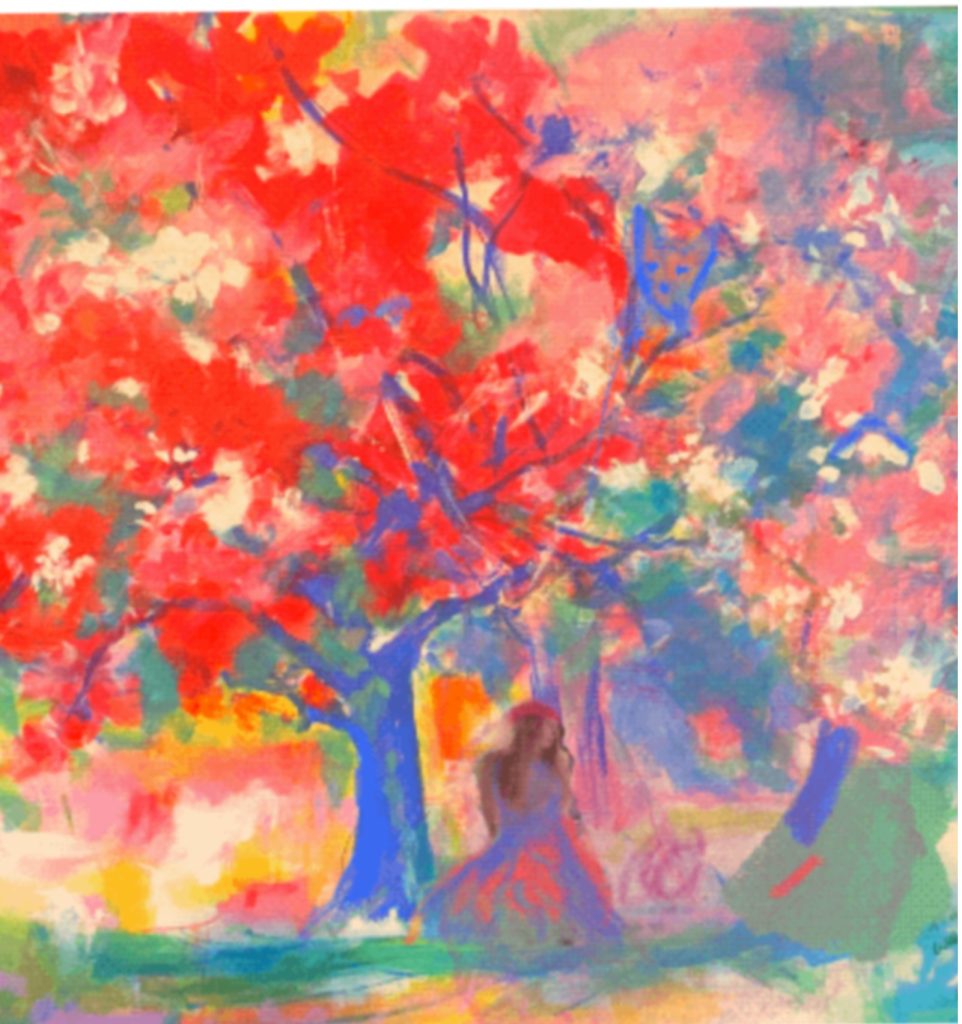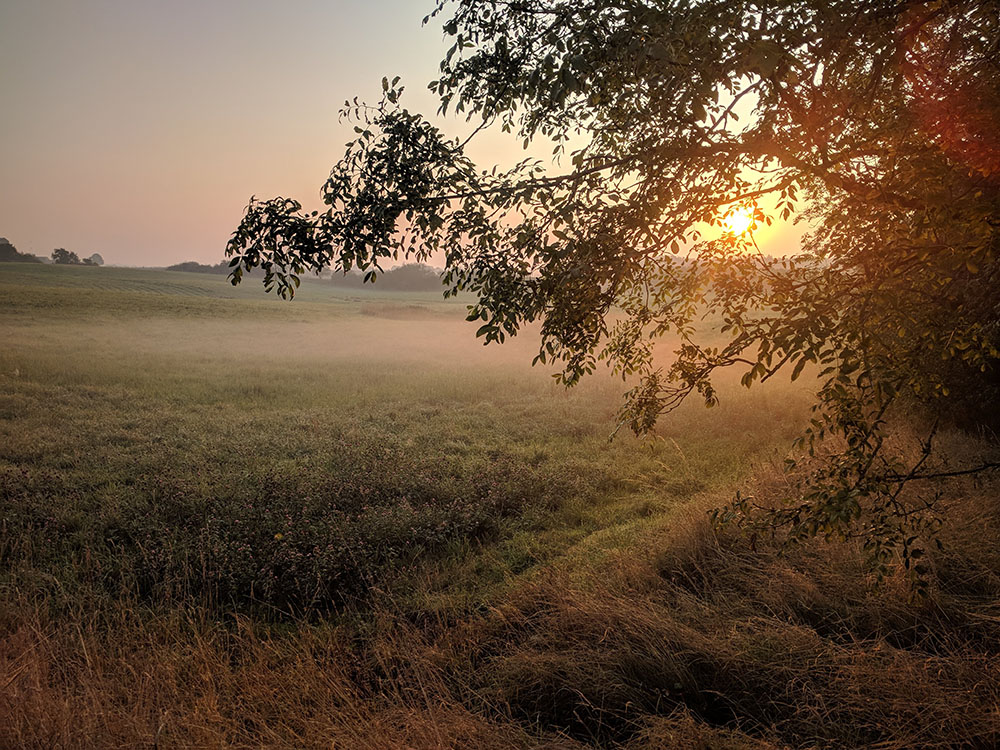My Week At Totleigh Barton
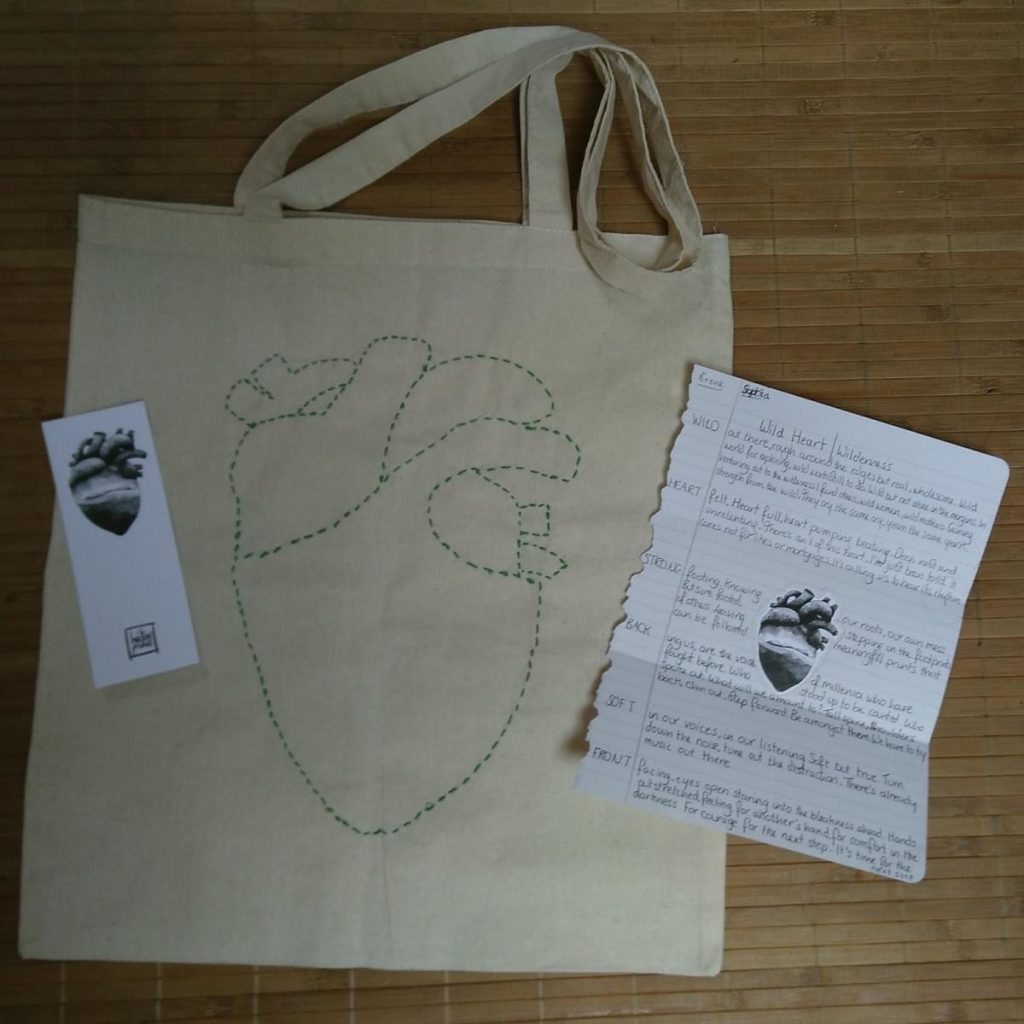
I discovered this writing course almost two years ago now. Charged with the mission: “we will explore how to listen to different voices (human and non-human), how to inspire and catalyse new stories, how to bear witness and write on behalf of others – reclaiming a traditional role for writers within the community as truth-tellers, record keepers and agents of change.” This was the itch I had been looking to scratch. My quarterly polite hassling of Arvon staff, J–, meant I was delighted to hear there would be a course taking place in 2018 – this year I would get to it.
I was naive however, and thought much like any other course, if I was willing to pay the cash then that would guarantee me a place – on receipt of my application, that I had procrastinated on for three weeks, I received a response to the effect: “Thank you for your application, we’ll let you know in two months if you have a place.” Wait! What?
I haven’t put myself in this situation for years, no competition, no tests, no competitive courses, or really even job interviews. Old thoughts crept in: ‘Of course you’ll get a place, you’re in the top 2% of the country, you don’t fail,’ said the ghost of my grammar school past. Yet underneath the brittle arrogance was a swamp of insecurity: if you don’t get a place the only conclusion is that you CANNOT WRITE. I yo-yo-ed between the two regularly but my writing dragged to a halt.
No. More. Blogging.
Until a fateful morning in Galicia, Spain I received an email from the long-harassed J–: “Thank you for applying for Writing to Make Change Happen; I’m pleased to let you know that you have been selected for a place on this course.” The Atlantic Ocean was witness to my balcony victory dance – all four limbs heading in different directions, off-beat.
Fast-forward a month and I’m sat in a taxi with four people I have never met before heading in the direction of Totleigh Barton. The increasing variety of green was inversely correlated to my mobile signal. As my connectivity dwindled, smells of the Devonshire countryside pervaded my senses. Pleasantries were being made in the car – How was your journey? Where have you come from? Is it scone or scone? What brings you on this course? (I asked the latter question more than I answered it). After an hour we pulled up to the idyllic Devonshire scene: thatched 16th Century building, cob barn, lush gardens. The works.
I learned the history of Arvon; celebrating its 50th year this year, this institution has housed the highest calibre of writers; poet Ted Hughes had bequeathed his home in Yorkshire, Carol Ann Duffy tutored poetry courses (her onion love poem still stays with me 15 years after my GCSEs), Mark Haddon of Curious Incident of a Dog in the Night Time had the idea for the novel while tutoring an Arvon course (see more of the Alumni here – and see why I’m glad I’ve only just read the list). I also learnt about the history of my fellow students for the week, 11 of them ranging from 19 – 75, predominantly female – they revealed what had led them to be sat in this barn on a warm, June evening. This was a formidable combination, exacerbated by pre-menstrual angst; cue brutal self-flagellation and an identity crisis in the privacy of my own room late that night.
*Shit.* What was I doing on this course? Do I write? Who am I trying to kid? What do I have to say? And who would listen? You are no artist. My Moleskine journal (black, lined) took the brunt and three friends came to my rescue throughout the week: Brené Brown, Maggie Rogers and Nils Frahm. I was able to recognise that I have been here before, many times – and I would rise again.
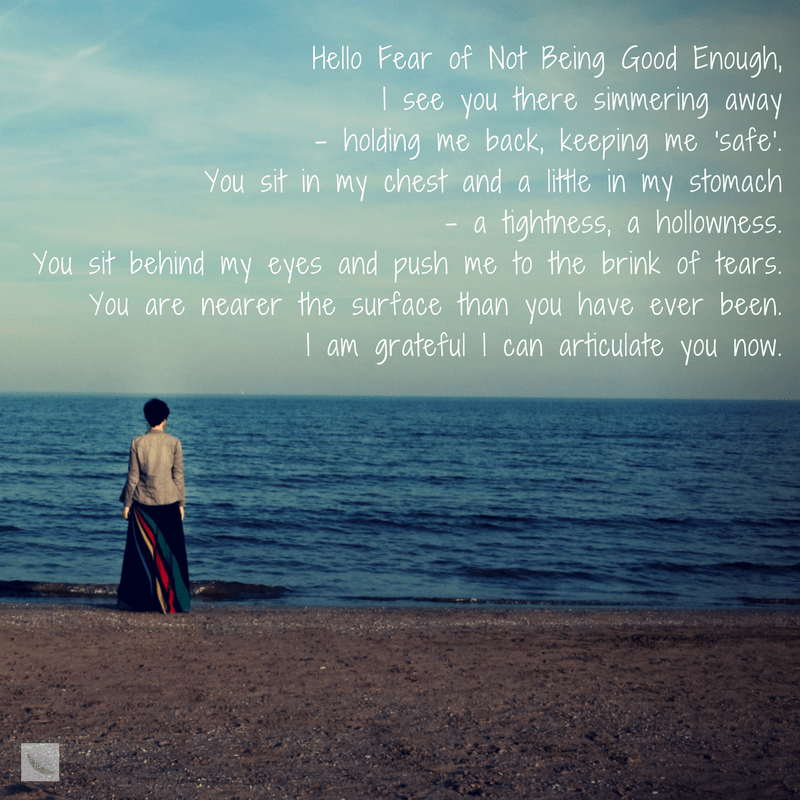
O how deep I slept on those Devonshire nights. Maggie roused me and held my hand, urging me out of the bedroom door:
“I thought that I could take it from here
Oh, I thought that I was calm in the clear
Now it’s getting harder”
Each morning, after breakfast and a cup of real coffee, we started with workshops. Or daily bombshells as I now look back at them. I have described them at length in my Moleskine but for you here I will summarise a few nuggets, allowing you to ponder and where relevant I’ve included links so you can continue exploring.
• “How can we forge a narrative together in this time of ecological and social crisis; one that is not afraid to communicate hard truths and helps people thrive in difficult times?” Find out more about the Dark Mountain Project
• What is your purpose as a writer?
• “Fragmented people create fragmented cultures. Whole people build whole cultures.”
• “If I matter, everything matters”
• “Your silence will not protect you” – Audre Lorde
• Define a moment that changed you? When did you wake up?
• “I am another yourself” – find out more about this Mayan phrase
• “I of the ego vs I of the heart”
• What is your true voice?
• Define a moment when you were truly seen
• “deadline magic”
• “Writing every book, the writer must solve two problems: Can it be done? and Can I do it? Every book has an intrinsic impossibility, which its writer discovers as soon as his first excitement dwindles.” – Annie Dillard
Afternoons consisted of one on one tutorials in the glamping pod by the pond. I swallowed honest feedback: “It’s well written but I don’t want to read it.”, “You write about your existential crisis, and so what?” (Disclaimer: feedback has been paraphrased for simplicity and a quick laugh.) I napped – every day – and forced myself to write to our impending deadline. My laptop sat aloft my desk with the window inviting the Devonshire air in. I swapped the natural sounds for the hypnotic Nils Frahm, I needed the beat to write.
Evenings consisted of home-cooked food made by the students each night – communal cooking is a feature of Arvon courses I’m told. We feasted on veggie curry, fennel bake, Eton mess and more, so even if our word count wasn’t increasing our waist lines certainly were. Guest poet, Selina Nwulu, shared her story and some of her work with us, we sat (and sang) round the campfire, we had an impromptu Arabic dance class, other nights we sipped on local cider.
We were assigned two tasks. The first a personal piece exploring our purpose as a writer, the second a collaborative project to create a book. Under the calm tutelage of C—– and C—–, I stepped up as Editor as we navigated our group task: as a collective we decided on a theme and title. With E— and S—– we had our editorial team, S— & I— took care of the visuals and T—— facilitated a poetry workshop as Poetry Editor. I have not written poetry in years and told myself “I didn’t really get it” – T—— laid my misconceptions to rest – half the group had a go including myself and I’m rather pleased with my attempt. And we made sure we had fun, deciding how to launch our ‘book’, choosing to perform it by utilising some of the beautiful landscape we were surrounded by.
As the group got to know each other formalities and fears eroded away; we were exchanging words and stories. Disconnected from the internet and more connected to each other. The morning workshops exposed our vulnerabilities and fostered a sense of shared identity – so by the time we had to read aloud our written pieces we were beating against the same drum. Emotions were running high, it felt like static in the barn, keeping us rooted to our seats as we took it in turns to bare our honest selves, our own truths. At dusk we all enjoyed the ‘book launch’ that finished with raised glasses and big smiles. For five days we had not seen other people bar two Arvon staff and the post man; our external worlds shrunk down as we all wrestled inwardly.
Sat in my room, fingers poised above my keyboard I noticed the bookmark I had brought with me; an artistic interpretation of the anatomical heart, enfolding the deep Atlantic Ocean and the Cies islands I had been to visit the week before in Galicia. Brene’s words, those I had brought along as an example of words that had moved me, swirled around: “The mark of a wild heart is living out the paradox of love in our lives. It’s the ability to be tough and tender, excited and scared, brave and afraid – all in the same moment.” And it all fell into place.
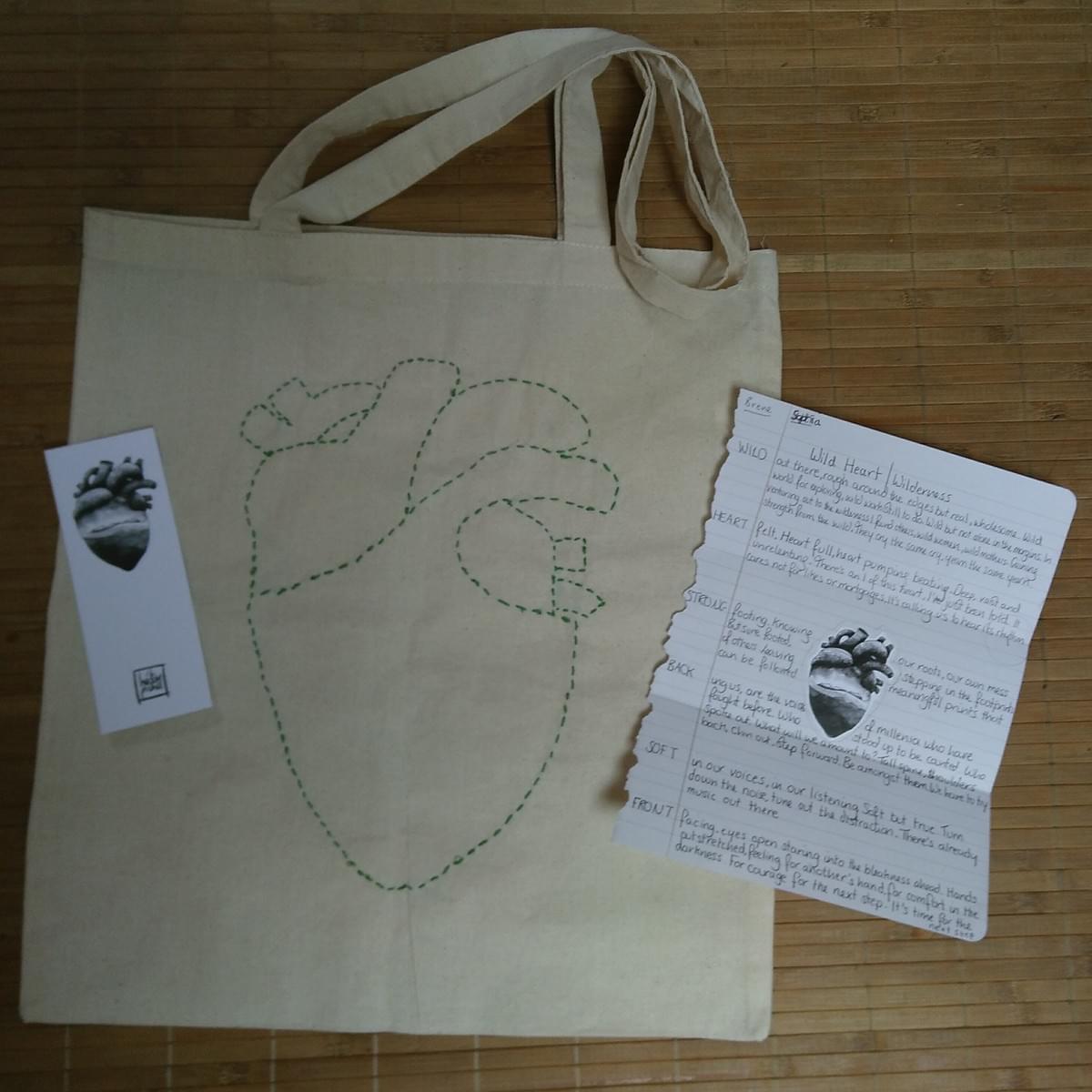
I write in the pursuit of my wild heart.
***
Thank you to my tutors, Charlotte Du Cann and Lucy Neal who were far more nurturing than my paraphrased feedback for a cheap gag conveys. I have forged your final encouraging words to me to memory. Thank you to my fellow students, we were thrown together by curiosity and chance and I have learnt something from every one of you. Thank you to Brené, Maggie and Nils. Oh and J– too!
As the days between me and my Arvon course increase, I realise I am still absorbing what was said, what was explored. I have invited Annie Dillard and the Dark Mountain Project into my life, Audre Lorde is here too (thanks again C—–). I’ve kickstarted a poetry club I’d talked of over a year ago with two friends. I crafted a wild heart to carry with me.
And today I made no plans, today is the first day I have dedicated to writing, to carve my craft. This, I guess, is where the real work is.
Appendix/My Friends
Brené Brown
Maggie Rogers
Nils Frahm
